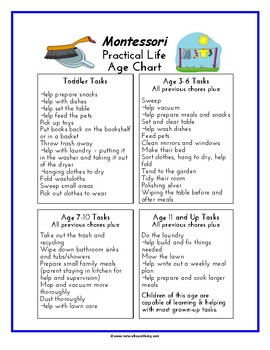Introduction
Navigating Individualized Education Program (IEP) meetings can be complex and challenging, yet they are crucial for ensuring the success of students with special needs. Whether you’re an advocate or an educator, having the right strategies in place can make all the difference in achieving positive outcomes for these meetings.
Understanding the Importance of Preparation
Preparation is key when it comes to successful IEP meetings. Advocates and educators alike should familiarize themselves with the student’s educational history, strengths, challenges, and goals. Reviewing relevant documents, such as assessments, progress reports, and previous IEPs, can provide valuable insights and inform decision-making during the meeting.
Effective Communication Strategies
Clear and effective communication is essential for productive IEP meetings. Advocates and educators should strive to maintain open lines of communication with all stakeholders, including parents, caregivers, students, and fellow team members. Use plain language and avoid jargon to ensure that everyone understands the discussions and decisions being made.
Building Positive Relationships
Building positive relationships with all members of the IEP team is paramount for success. Advocates and educators should approach meetings with empathy, respect, and a collaborative mindset. Establishing trust and rapport with parents and caregivers can lead to more meaningful engagement and better outcomes for the student.
Setting Realistic Goals and Expectations
Setting realistic and achievable goals is critical for the success of the student’s IEP. Advocates and educators should work together to identify SMART (Specific, Measurable, Achievable, Relevant, Time-bound) goals that address the student’s unique needs and aspirations. By setting clear expectations, all stakeholders can work towards a common objective.
Emphasizing Student-Centered Planning
At the heart of every successful IEP meeting is a commitment to student-centered planning. Advocates and educators should prioritize the student’s voice and preferences throughout the planning process. Encourage active participation from the student whenever possible and consider their input when making decisions about their education and future goals.
Utilizing Data and Evidence-Based Practices
Data-driven decision-making is essential for designing effective interventions and accommodations in the student’s IEP. Advocates and educators should gather relevant data, such as assessment results, progress monitoring data, and anecdotal observations, to inform their recommendations and strategies. Utilize evidence-based practices and research-supported interventions to maximize the student’s learning and growth.
Fostering Collaboration and Teamwork
Collaboration and teamwork are key ingredients for success in IEP meetings. Advocates and educators should work collaboratively with all members of the IEP team to develop comprehensive and cohesive plans that meet the student’s needs. Encourage active participation from all stakeholders and value the diverse perspectives and expertise they bring to the table.
Navigating Challenges and Resolving Conflicts
Despite our best efforts, challenges and conflicts may arise during IEP meetings. Advocates and educators should be prepared to navigate these situations with professionalism, patience, and diplomacy. Focus on finding common ground, exploring alternative solutions, and prioritizing the best interests of the student above all else.
Continuing Professional Development
Continuous learning and professional development are essential for advocates and educators involved in IEP meetings. Stay informed about the latest research, best practices, and legal requirements related to special education and IEP development. Seek out opportunities for training, workshops, and networking to enhance your knowledge and skills in this important area.
Conclusion
Successful IEP meetings require careful planning, effective communication, collaboration, and a student-centered approach. By prioritizing preparation, building positive relationships, setting realistic goals, emphasizing student voice, utilizing data-driven practices, fostering collaboration, navigating challenges, and investing in professional development, advocates and educators can work together to ensure the success and well-being of students with special needs. Read more about tips for successful iep meeting





